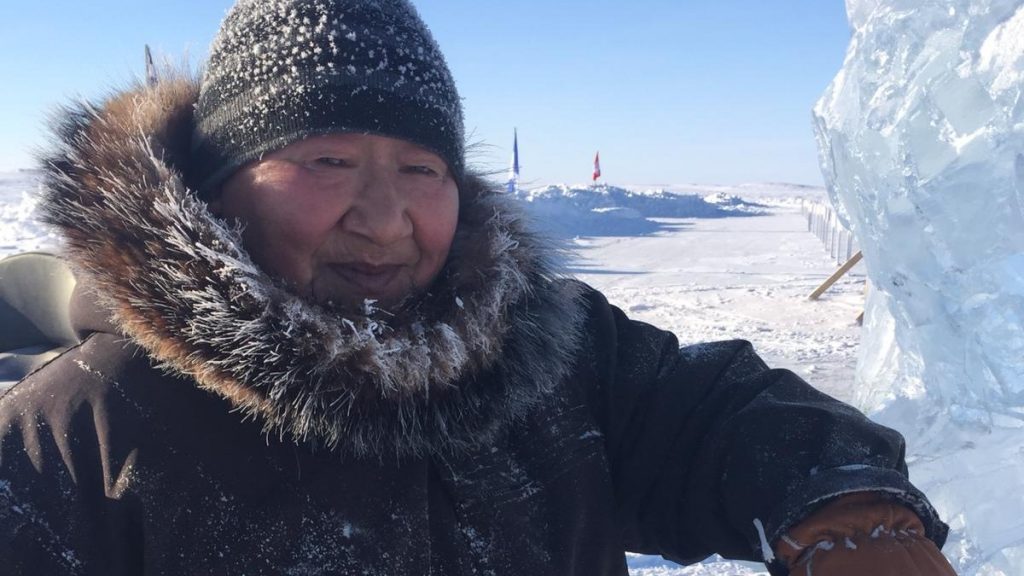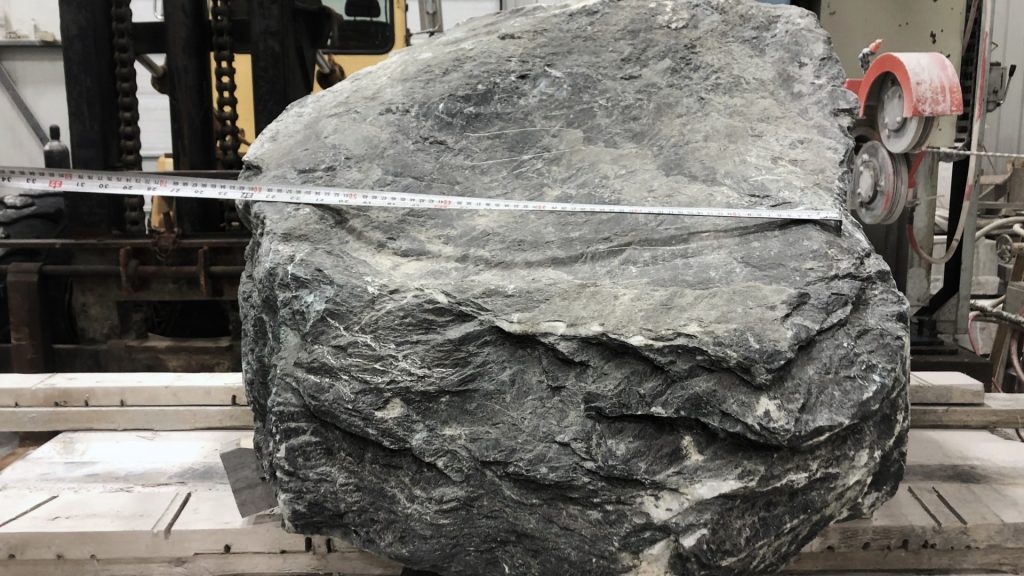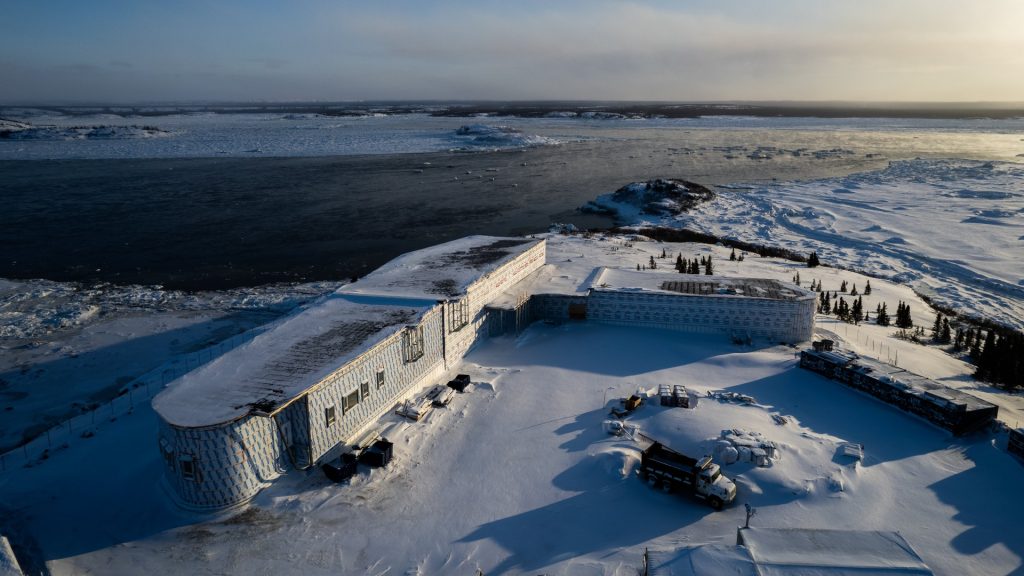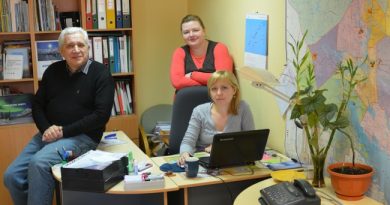Nunavik artist says working on giant qulliq carving for recovery centre in Arctic Quebec “an honour”

The artist responsible for the giant stone qulliq carving for the new Nunavik recovery centre in northern Quebec says participating in the project is an honour for him.
“I’m very fortunate to have been enlisted to do the job,” Mattiusi Iyaituk said in a phone interview. “It’s an honour.”
The Isuarsivik Regional Recovery Centre was founded in 1994 and serves people from all communities in Nunavik, the Inuit region of northern Quebec.
It offers a 42-day, culturally relevant healing program for those suffering from substance abuse issues.
The new building will open in 2023 and the giant qulliq will be the focal point in the lobby.

Iyaituk, whose career as an artist and sculptor spans decades, says contributing a carving for a place where people go to heal themselves makes the work even more meaningful.
“It’s a place for people that have personal problems. They go there and professional people work with them to make them feel better about life. It’s important.”
The qulliq is being made out of 1.2-ton rock sourced from the Raglan Mine in Nunavik, and has important significance, Iyaituk said.
“When we were still living in igloos and tents, before there were buildings, the stone and the land was the most important thing in our life. The qulliq was the most important thing a woman would have. Dog team travelling was slow travelling then. Men would also have a portable small qulliq, usually about six inches long and sometimes smaller.”

Iyaituk started carving when he was 14 saying he was inspired by watching his older brother.
He went on to occasionally teach carving and has also been asked to teach sculpting at the new centre when it opens, something he is already looking forward to, he says.
“I’ve taught soapstone carving to students in Montreal. It’s good at the end. The students are very proud.”
Write to Eilís Quinn at eilis.quinn@cbc.ca
Related stories from around the North:
Arctic: Inuit artists in their own words, Eye on the Arctic
Canada: Canadian snow carvers to compete at international contest in Sweden, CBC News
Finland: How not to promote Arctic tourism: Why Finland’s Sami say marketing their region needs to change, Eye on the Arctic
Greenland: Nunavut children’s books translated for circulation in Greenland’s schools, Eye on the Arctic
Russia: Russia adds ancient sites along Norway’s border to cultural heritage list, The Independent Barents Observer
Sweden: Sweden, Norway team up to preserve ancient rock carvings, Radio Sweden
United States: American cartoonist says his new book on Canadian Indigenous history helped decolonize part of himself, CBC News



